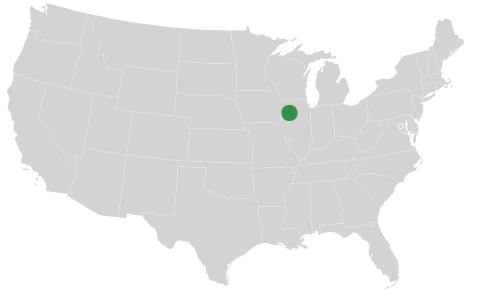 In view of rising fertilizer prices, what should our fertilizer program look like?
In view of rising fertilizer prices, what should our fertilizer program look like?
It is an accepted fact that fertilizer can help grow better crops. Many studies have been conducted to determine the point of diminishing returns. However, with escalating fertilizer prices, paradigms change. So how much should we apply? Are there products other than high analysis NPK blends that we should consider, such as manure or compost?
We have observed that crops grow better in fertile soil. But what does fertile soil consist of? The late David Larson, founder of AgriEnergy Resources, took soil samples from high-yield areas and low-yield areas following a global positioning system. Surprisingly, there was very little difference in the NPK analysis. There was, however, a great difference in the population of some micro-organisms. In fact, the high-yield areas typically contained approximately 10,000 times more of certain species of micro-organisms than the low yield areas.
In conventional farming, if soil has had a large amount of chemical nitrogen applied, it will not work well to stop applying chemical nitrogen all at once. Growing crops successfully without applying chemical nitrogen will not happen by neglect. Instead, the transition from using chemical nitrogen to using humified compost should be gradual, because the indigenous nitrogen-fixing bacteria in the soil will have gotten lazy and will need time to build up numbers and grow strong.
If we look at the wonderful system designed by our Creator, we see the sustainability of The System. One of our local organic farmers has had corn yields in excess of 200 bushels per acre under a Certified Organic program. Getting the soil in balance and teeming with micro-life by using compost helps increase grain quality, while reducing insect infestation, disease, and weed pressure. Humified compost also helps to retain moisture during drought.
Not everyone may fit into or even desire a Certified Organic operation. However, conventional agricultural operations can benefit greatly by cutting back on chemical fertilizers and applying some of that fertilizer budget to compost mineral blends.
This is not the year to spend less on fertility. In fact, as fertilizer prices continue to rise, fertility management is more important now than ever. Making the most of your fertilizer budget by utilizing compost will result in better quality and higher yield — and will help you spend your fertility dollars wisely.


